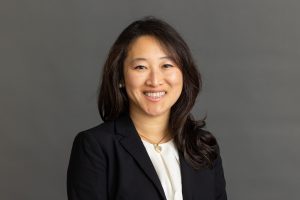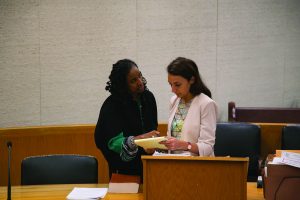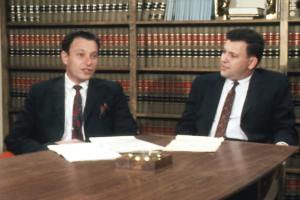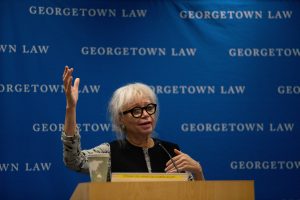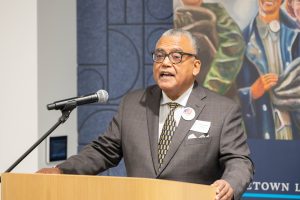
Georgetown Law Journal Hosts Symposium on Labor Rights and Civil Rights Challenges
January 8, 2026 Campus News Civil Rights & Antidiscrimination Impacting Change Labor Law Legal Research & Writing Race & Law StudentsTackling such topics as federal employee layoffs, challenges to the National Labor Relations Board, and attacks on workplace diversity initiatives, 165 scholars, policymakers, advocates, and students gathered October 24 for The Georgetown Law Journal’s…
